As many words in contemporary languages, the term “politics” stems from ancient Greek. This word has its origins in the word politikos, which means “of, for, or relating to citizens”. In Aristotle’s books, “politics” had the meaning of “affairs of the city”, as the city was commonly a state at those times.
Usually, when we want to define a notion that is relatively well-known, we can find many definitions, as this is the case with politics. We can distinguish between the following groups of meanings of the word “politics”:
• the art (and science) of government (Aristotelian meaning), i.e. politics is what the politicians (governments, kings etc.) do in terms of governance (management of a country and other political units); it is also a science of studying this practice (called political science); Politics is war without bloodshed while war is politics with bloodshed. Mao Tse-Tung Politics, it is this: have a vision and act to realize it. Françoise Giroud
• acquisition of power and keeping it, once it is gained; Government is not reason; it is not eloquent; it is force. Like fire, it is a dangerous servant and a fearful master. George Washington The United States brags about its political system, but the President says one thing during the election, something else when he takes office, something else at midterm and something else when he leaves. Deng Xiaoping
• public affairs, what means that politics is not only about governing itself, but is connected with many public matters (in contrast to the private ones, which are non-political), Just because you do not take an interest in politics doesn’t mean politics won’t take an interest in you. Pericles
• compromise and consensus among social groups; politics is a kind of the art of choice, of making decisions; there are many conflicts in public affairs and it is not possible to give everyone what he/she wants, especially when different social groups have different needs; hence, political skills are required.
see, politics is not only the notion that is commonly understood as politics. Having that in mind, we can say that politics is a public decision-making process and execution of power concerning scarce resources in order to achieve the assumed goals in the world of conflicts of interests. We do not speak about politics as an unintended behaviour: the goals are extremely important (even if they are not officially expressed). Moreover, the goal can be, as Aristotle thought, a ‘common good’. What also happens often is that politicians maximise their own utility.
From this point of view, politics can aim at acquiring the power and holding it. However, we cannot speak of politics in every situation. If we had subordinates that always do what the boss tells them to do, we could not say that it is politics. To say so we need a condition that the entity undertaking politics is limited by others with the same goals, who are not subordinate to that individual: Hence, we have two broad goals and meanings of politics:
• altruistic—when politicians aim at achieving ‘common good’,
• selfish—when they concentrate on their own interests. These two meanings are also important when we speak about public policies.
Politics, when it is an art and a service, not an exploitation, is about acting for an ideal through realities. Charles de Gaulle We should also remember that politics is not limited to government, political parties, and the politicians only. It is universal and can be found in enterprises, trade unions, families, at universities etc. In many aspects of everyday life (even at academia and in the world of science), we can find the examples of the struggle for power and influence, we can find conflicts due to scarce resources, as well as trials of reconciliation, resolution and consensus. Politics can be found not only on the very high, (inter)national level. Of course, there are critics that say that one does not have to be well-educated or have any special skills to become a politician. It is an exaggeration: you can be an excellent businessperson or just a petty money-maker; you can be a good politician with abilities to solve problems and make difficult decisions or you can be a ruler that wants to maximise only his or her own utility. Thus, in the interests of all of us is the situation, when we have really good politicians… They do not have to be university professors or influential intellectualists. Other skills are even more required to run good politics. However, it is not enough to win elections to prove that someone is a good politician.
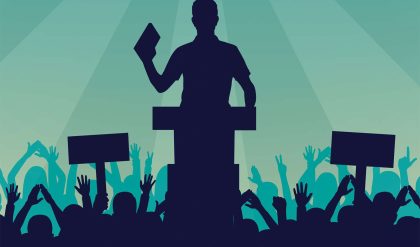
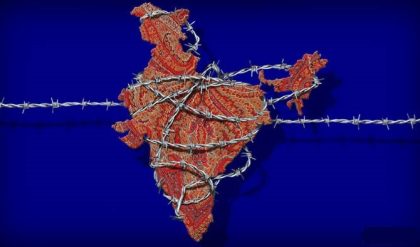
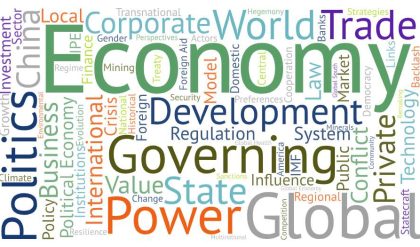
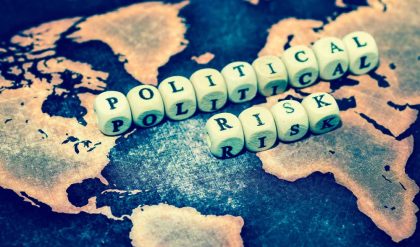
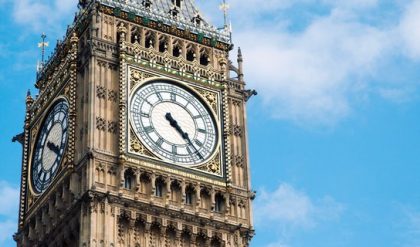
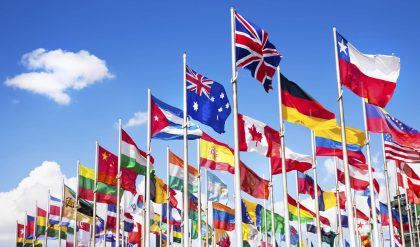
Comments are closed.